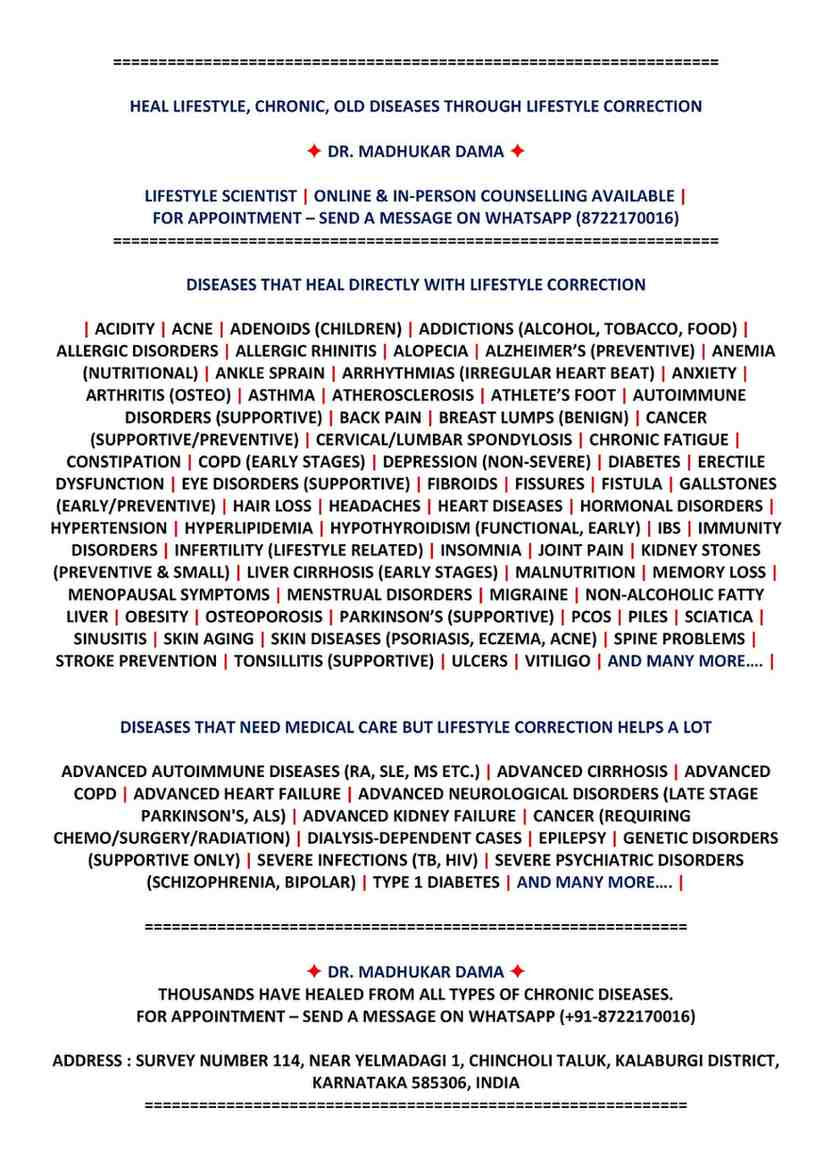No Human Can Be Good
- Madhukar Dama
- Aug 29, 2025
- 3 min read
Updated: Aug 30, 2025

Prologue
Every thought begins with want. A child cries because it wants food. A farmer looks at the sky because he wants rain. A student studies because he wants marks. A trader bargains because he wants profit. Without want, thought does not arise. Without thought, there is no memory. And without memory, there is no man.
Man is nothing but memory. Memory is thought. Thought is want. And want knows only how to take. This is why no human being can ever be truly good.
---
The Principle
Want is the root of all human activity. It sits quietly beneath every action, small or big. The mind cannot move without it. To want is to think. To think is to remember. And man is nothing but this cycle of wanting, thinking, and remembering.
---
Everyday Life in India
We see this everywhere in daily life.
A child reaches for a mango because he wants its sweetness.
A farmer prays for rain, not out of selflessness, but because he wants his crops to grow.
A student in Delhi works day and night, not for pure love of knowledge, but because he wants recognition, marks, and a future.
A shopkeeper smiles at a customer, but the smile is born of want—he wants to sell.
Even in kindness, want is hiding. A mother feeds her child, but she also takes the joy of being loved in return. A teacher teaches, but also takes pride and respect. A priest offers blessings, but also takes recognition and influence.
---
Mythology and Religion
Even our great epics reveal this truth.
In the Mahabharata, Arjuna wants victory. His desire fuels his courage, but also brings destruction.
In the Ramayana, Rama wants to rescue Sita. That want, noble as it may seem, leads to a long war and suffering for many.
Our gods themselves are not beyond want. They want devotion, offerings, recognition.
Desire is never absent. Even when it looks pure, it carries taking within it.
---
History and Leaders
Look at our leaders and saints. Gandhi wanted freedom. His want was noble, but it was still want—it brought both liberation and pain. Buddha wanted liberation from suffering. That too was a want, a longing. Saints, poets, reformers—all acted because they wanted something deeply.
The world remembers them not because they were free from desire, but because they channeled desire into action. Yet, the root remained the same.
---
Festivals and Society
Even our festivals reveal this law of life.
Diwali celebrates light, but also prosperity.
Holi celebrates joy, but also the desire to play, to belong, to be recognized.
Weddings, markets, politics, charities—all are structures built on desire.
We like to say they are about goodness, but in truth they are about want being shared, managed, and given form. Civilization itself is nothing but the organizing of wants.
---
The Universal Truth
Because want knows only how to take, pure goodness can never exist in man. To give is still to take—the respect, the recognition, the feeling of being noble. Every action has want at its root.
This is not a curse. It is not a tragedy. It is simply the nature of man.
---
Affirmative Ending
To see this truth is to be free. Once we stop pretending that humans are naturally good, we can live with clarity. We can build societies not on illusions of purity, but on the real energy of desire. We can shape want into action that creates, organizes, and sustains.
Man will never be purely good. But man can be aware. And in that awareness lies strength.
No human can be good—and once we accept this, life becomes honest, purposeful, and profoundly human.
---




